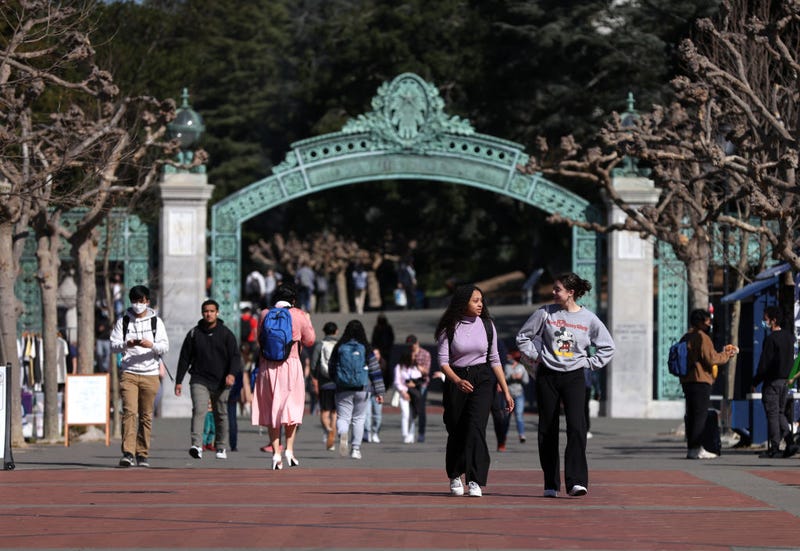
SAN FRANCISCO (KCBS RADIO) – People from more societally advantaged groups tend to think that pro-equality policies will have a negative impact on them, even if that isn't the case, according to new research out of the University of California, Berkeley.
For more, stream KCBS Radio now.
This conclusion draws on the results of nine different studies, according to Derek Brown, one of the researchers at Berkeley who specializes in diversity, prejudice, status, and intergroup processes.
"Even when we try to create policies that offered win-win solutions in terms of trying to enhance equality or reduce inequality between advantaged and disadvantaged groups, we found that advantaged group members continued to misperceive them as harmful to their group's ability to access resources," Brown told KCBS Radio's Megan Goldsby on Tuesday.
This occurred across group identities, boundaries, different disparities, he said, "Even when we arbitrarily assigned them to a random advantage group."
The nine studies included more than 4000 volunteers, as reported by the New Scientist.
As to why this is happening, there are several explanations to consider, but the researchers at Berkeley have determined that it's related to being an "advantaged group member."
"Particularly that we are converging on the idea that we care about our relative position, relative to other people rather than where we are in an absolute sense," he said.
When people are in the advantage group, in their perspective, they have more resources than others. And the realization that those resources may be valuable or even scarce, even if they are not, can make people want to protect those resources.
"That might be orienting people to this zero-sum mindset," he said, even in situations where policies that are not zero-sum.
The reseach found that even more so than race, being in an advantaged group is a higher predictor of this mindset.
And even when the researchers attempted to intervene in the study to try to change this perspective, it didn't really work, said Brown.
"I would say education matters a lot," he said. "I think that in future work we’re hoping to leverage what social science offers to see if we can circumvent this misperception."

